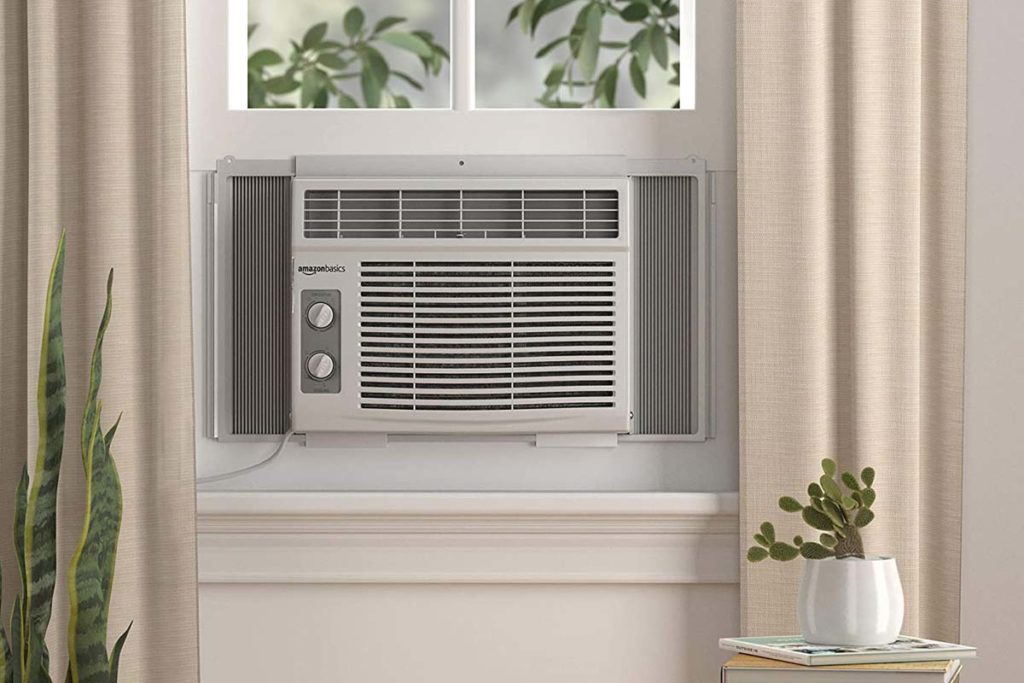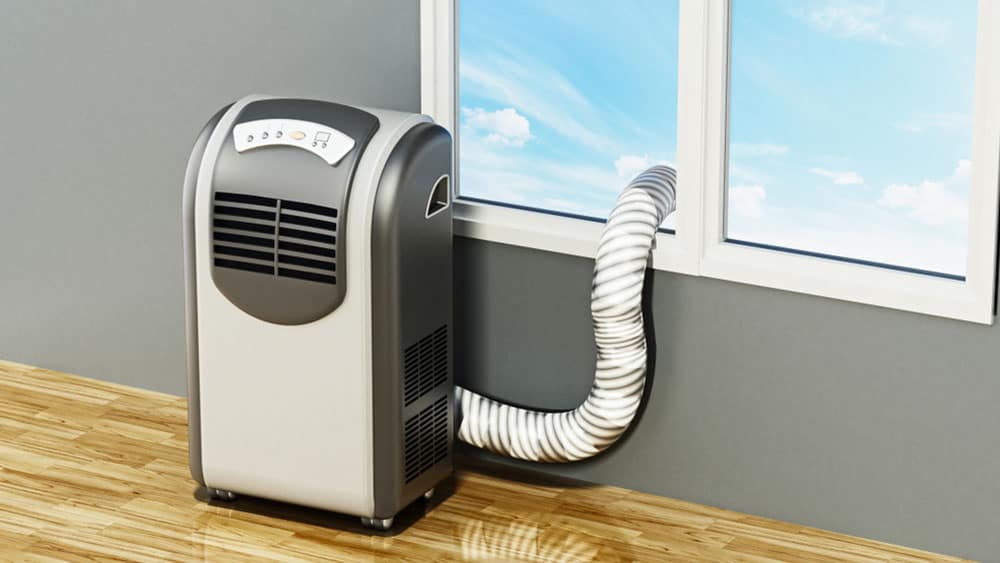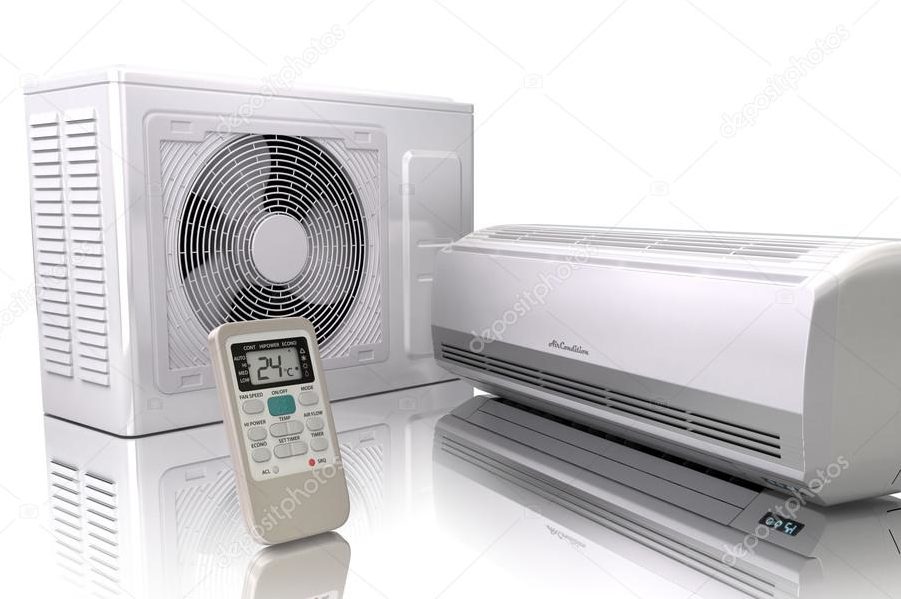There are many types of air conditioners. Typically, an air conditioner consists of two main components: an indoor air handler and an outdoor condenser. These parts are typically installed on the exterior wall or roof of a building. The indoor and outdoor units are connected by tubing, which circulates refrigerant throughout the unit. In some cases, there are several options to choose from. If you’re interested in getting a more affordable model, you can also choose a package unit, which includes all three parts.
While the EER and SEER ratings are similar, the SEER is a better metric for the energy efficiency of an air conditioning unit. The SEER rating is the cooling output of a unit divided by its total electric energy input. However, the SEER rating takes into account the entire cooling season instead of a single temperature point. The higher the SEER rating, the more energy-efficient the unit is. This is one of the most important factors in choosing the right air conditioner system for your home or office.
Packaged air conditioners (PSU) are the most efficient units. A typical PSU requires very little indoor space. In addition to being very quiet, these units are extremely versatile and are perfect for homes that don’t have indoor space. In addition to a PSU, the SEER rating is another key factor to consider.
Home depot air conditioners
While Home Depot is known for its quality products, its air conditioners are not always up to par. Many air conditioners have multiple problems, so it’s important to choose the right one. It should also be easy to operate and have a thermostat that allows you to set the temperature as you want it. You should also look for a power-saving feature, which circulates the inside air without ripping hot air out of the house.
Before purchasing an air conditioner, it’s important to consider how long it will last. It should come with a warranty, which could save you thousands of dollars in repair costs over the unit’s life. It should be for at least 10 years, though different parts may have different lengths. Another option is to purchase a unit with a transferable warranty. It’s important to ask about this feature before buying the air conditioner, as many warranties are not effective until the unit is registered.
The manufacturer’s warranty is another important factor to consider. A good warranty can save you thousands of dollars in repairs over the unit’s life. Make sure to read the fine print and be sure to ask about this. The manufacturer should be willing to extend the warranty if you’re planning to move house, but it’s a good idea to buy an AC with a transferable warranty. If possible, choose a unit with a 10-year warranty.
Window air conditioners

If you run a business, window air conditioners are a great investment. While the unit itself costs around $300, the cost of installing a window unit depends on square footage and the BTUs needed for the room. The higher the BTU capacity, the more expensive the window AC will be. The unit should also be placed outside of the room to avoid blocking the view. A good window AC should also be aesthetically pleasing to match the rest of the room.
A window AC unit will cost as little as $100 or as much as $200 depending on the brand, BTU capacity, and features. The price range can be from $100 to over two hundred dollars, but a good window AC will cost under $300. There are several types available, and the prices will depend on your needs. Some models are more expensive than others, but many will run for about three months. A good window AC will last for several years and not break the bank.
A window air conditioner is an affordable and simple way to cool a room. The BTU levels for a typical window AC are around 450. It is also easy to install and can be taken anywhere you move. This type of air conditioning is popular in dorm rooms, where students can control the temperature without the hassle of central air conditioning. The unit also requires no ductwork, so it’s an excellent option for temporary cooling or supplementing a central AC system.
Portable air conditioners

Portable air conditioners are an excellent option for any home or office, but they’re not for everyone. Whether it’s a hot summer day or a freezing winter night, the right unit can cool down the area. However, not all models are equal. While some models are much cheaper than others, they can also be bulkier. You should be aware of the size of the portable air conditioner you’re considering, and the size of the room you’re planning to cool down.
While some portable air conditioners require a window venting kit, they can be used inside a house or apartment. Most portable units have water reservoirs and will need to be emptied periodically. Some models have an optional drain hose, while others come with a drain hose. While many models will pull warm air from a room and funnel it outside, the single hose design is the most efficient and most affordable choice.
Some models are equipped with exhaust hoses, and some have more than one. Dual hoses make it easier to move indoor and outdoor air. The result is a cooler room in less time. Proper maintenance is essential to keep your portable air conditioner running at its best. You can check out the manual that came with the unit to see how much work it takes. Keeping the unit clean and functioning efficiently is important for its efficiency.
Inverter conditioner
The inverter in an inverter conditioner controls the frequency of power to the compressor motor. This allows the system to maintain the correct amount of refrigerant flow to meet the needs of the home. The technology of inverters can significantly reduce power usage and reduce the need for frequent maintenance. In addition, the inverter also has a more environmentally-friendly operation than a traditional air conditioner. The unit is quieter than a conventional air conditioner.
Inverter air conditioners are also more energy-efficient than traditional air conditioning units. Their variable-speed compressors reduce energy usage and provide consistent room temperatures. In addition, they are quieter than traditional air-conditioning systems. Inverter units start out faster than conventional air conditioners and gradually lower their power level as the temperature gets close to the desired level. In addition, they are also more environmentally friendly and can be more expensive than traditional air-conditioners. Visit here at dailynewarticle.com to know the more latest information.
These units are quieter than traditional air-conditioners. They vary their power output in accordance with the conditions of the room. An inverter air-conditioner can start at full capacity on a hot day and cool the room faster than a non-inverter unit. This allows the inverter to achieve greater efficiency than a conventional air conditioner. The only drawbacks are the high initial cost and the higher electric bill.

